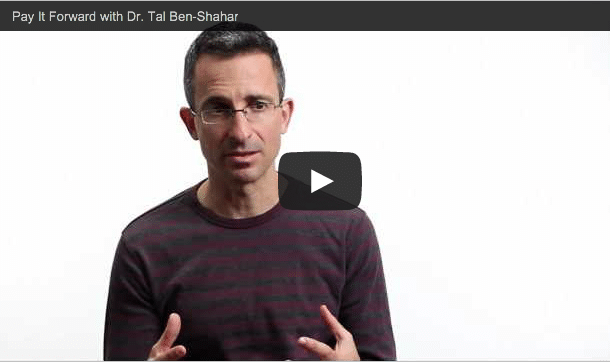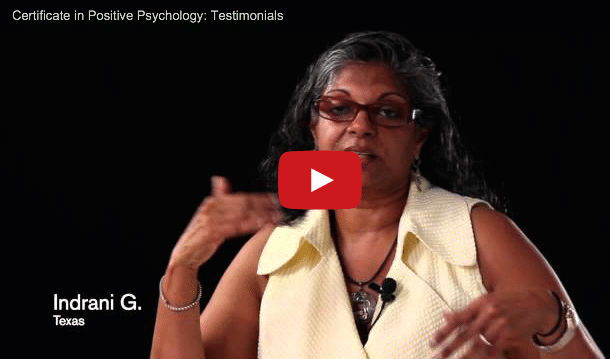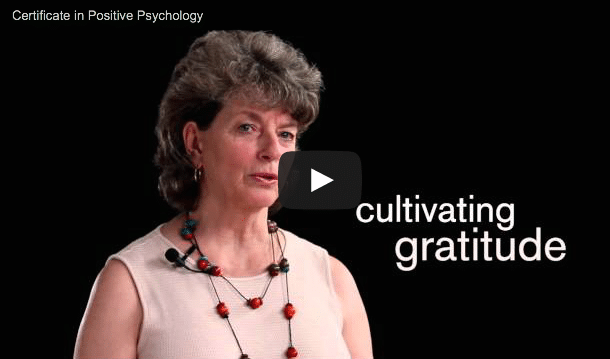Registration is Closed
Please contact us to be notified when registration opens.
Experience a whole-person approach to positive psychology and optimal well-being in a course developed by one of the leading experts in the field, Dr. Tal Ben-Shahar, with immersions held at Kripalu Center for Yoga and Health, a world leader in mind-body education.
This year-long online and onsite course offers an in-depth, integrated exploration of the science and direct application of positive psychology—the study of individual and societal flourishing—in all aspects and stages of life.
Apply the whole-person approach personally and professionally in leadership, counseling, coaching, parenting, or teaching in order to:
- Bring about lasting change in individuals and organizations
- Create healthy personal and professional relationships
- Build positive emotions and the resilience to deal with painful ones
- Develop self-regard and grounded optimism.
Graduates leave with the tools, practices, and research to support an increased capacity for health, strengthened resilience, deeper mindfulness, and greater levels of overall well-being.
Overview
- Consists of 10 modules, including 2 onsite immersions, each 5 days in length, and 8 online modules of 6 weeks each.
- The online lessons combine pre-recorded video lectures, live question-and-answer sessions via conference call with rotating faculty, reading assignments, forum discussions, homework, and small-group work.
A Whole Body Experience
The course extends the dimensions of positive psychology with a rare whole-person approach. Rather than a cognitive-only perspective to the science of well-being, students follow the SPIRE methodology, which considers:
Focusing on what gives you purpose and meaning and knowing the values that drive your actions.
Cultivating positive regard for the body, treating it well, and being aware of the innate ability of the body to affect the mind.
Exploring the ways you stretch, grow, and challenge the mind by cultivating creativity, imagination, and a love of learning.
Contributing to and benefiting from the people around you. No less important, cultivating ways in which you foster a healthy relationship with yourself.
Building positive emotions and cultivating resilience to deal with painful emotions. In doing so, developing positive self-regard and grounded optimism.
From the SPIRE model, students will be introduced to tools that support an embodied experience along with intellectual understanding, such as breathing exercises, yoga, and meditation.
Program Dates
Download the full syllabus with reading list.
| Module 1 (online) Introduction to Positive Psychology |
| Break |
| Module 2 On-Site Residential Immersion |
| Module 3 (online): What Is Happiness? (first week)</td |
| Break |
| Module 3 (online): What Is Happiness? |
| Module 4 (online): Realizing Dreams |
| Module 5 (online): Change |
| Break |
| Module 6 (online): Mind-Body Connection |
| Module 7 (online): Relationships |
| Break |
| Module 8 (online): Coaching |
| Break |
| Module 9 (online): Choice and Co-creating Our Reality (last three weeks) |
| Break |
| Module 10 On-site Residential Immersion |
Format
The course content meets three specific criteria: 1. Evidence-based: rigorous research is behind each lesson. 2. Relevant: ivory tower research must be relevant to main street challenges. 3. Applicable: along with being relevant, the research must be able to be applied in everyday life.
The course consists of ten modules—two onsite and eight online.
The online lessons are a combination of pre-recorded video lectures by Dr. Tal Ben-Shahar, live question-and-answer sessions via conference call with rotating faculty, reading assignments, forum discussions, homework, and small group work.
There is no special technology needed to join the online modules—access to the Internet is all that is required. The virtual classroom is a password-protected website that can only be accessed by course participants. It’s the place to go for your homework, video lessons, reading assignments, and to read or post in the discussion group.
The live question-and-answer sessions are repeated twice for each module. If you miss a call or want to participate again, the recordings are posted in the virtual classroom 24–48 hours after the live event ends.
To complete the course, you’ll return onsite for the final immersion, where you’ll present your final project.
Final Project
The final project is a 20-minute presentation on any topic within positive psychology. The topic can be one that we covered in class, but it doesn’t have to be. Whatever interests you the most—meaning, success, well-being in the workplace, happiness, relationships, humor, creativity, spirituality, and so on.
Your presentation is an opportunity for you to synthesize between rigor and fun, between research and accessibility. It should refer to empirical work from refereed journals, articles mentioned or recommended in class, as well as others.
Because of the unique emphasis on the mind-body connection, positive psychology at Kripalu exemplifies an integrated approach to well-being. Kripalu is the only place in the United States to offer a Certificate in Positive Psychology with Dr. Tal Ben-Shahar.
Watch these videos and see what the students say about the experience.











